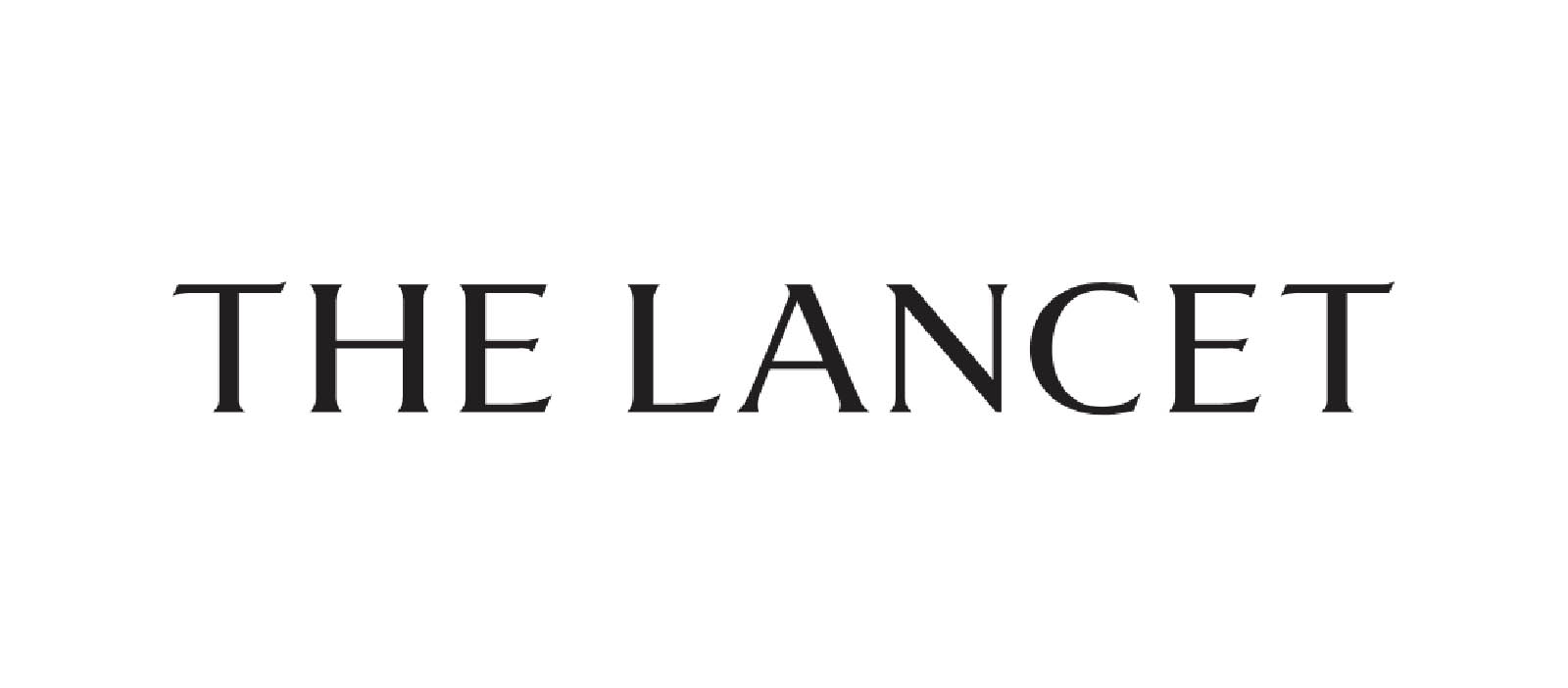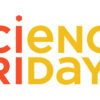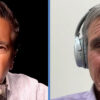Stuti J. Jaiswal et al. –
We don’t expect a smartphone to help us sleep. Screens and connectivity are typically seen as a distraction from sleep. Yet emerging digital technologies are in development that could paradoxically help promote sleep health and aid in the diagnosis of sleep disorders.
Traditional methods for the diagnosis of sleep disorders involve cumbersome testing with multiple hook-ups and wires in the unfamiliar environment of a hospital or clinic sleep laboratory. But now digital biometric sensors that non-invasively measure sleep are built into devices such as our cell phones and smartwatches. These sensors take measurements during a person’s daily routine. Although these sensors still need proper validation and are not the gold-standard sleep laboratory measurement, they have the potential to be used for the diagnosis of certain sleep disorders, such as obstructive sleep apnoea (OSA).
Read the full article in The Lancet.





